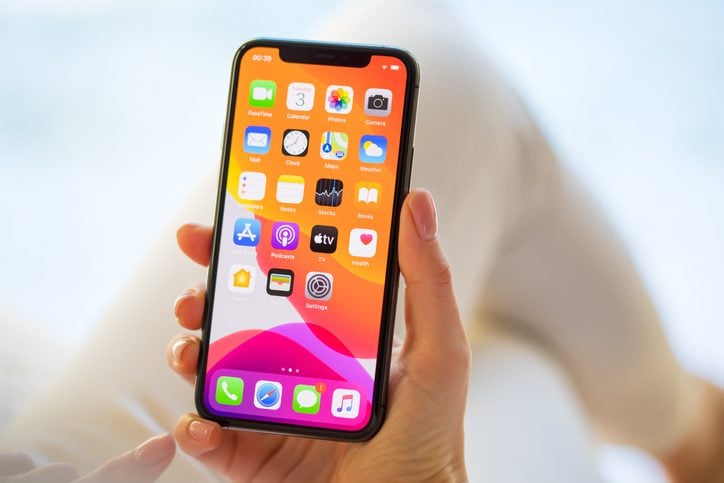Digital Therapeutic Smartphone App: Reduced Risk Factors, Increased Protective Factors for Justice-Involved Clients
Findings from JCOIN’s Coordination and Translation Center
JCOIN’s Coordination and Translation Center conducted a pilot feasibility study to determine whether the use of a digital therapeutics for recovery support improves the outcomes for those with substance use disorders (SUD), especially those involved in the criminal justice system. The project included 350 clients who utilized the smartphone application via two cohorts: 1) individuals self-referred and 2) individuals referred by a criminal justice agency. Twenty-one (21) sites participated in the justice-referred group, including correctional agencies (73%), courts (17%), community-based reentry providers (9%), and law enforcement agencies (1%).
The smartphone platform included the Connections app, A-CHESS, as well as digital cognitive behavioral therapy program (Computer-Based Treatment for Cognitive Behavioral Therapy – CBT4CBT), along with the ability to engage with a social worker/peer specialist through the Addiction Policy Forum. The CBT modules included videos, quizzes, and games to teach participants how to recognize triggers for substance use, how to cope with cravings, and other tools.
Led by Dr. Judith Wilde and Faye S. Taxman with George Mason University; Kayla Zawislak, Ginnie Sawyer-Morris, and Jessica Hulsey with the Addiction Policy Forum; and Todd Molfenter at the University of Wisconsin, the study found reduced risk factors and improved protective factors for clients utilizing digital therapeutics, with the justice-referred group seeing greater improvements to protective factors. Self-referred participants reporting greater improvements to protective factors. Participants were administered the Brief Addiction Monitor to monitor weekly progress in recovery.


